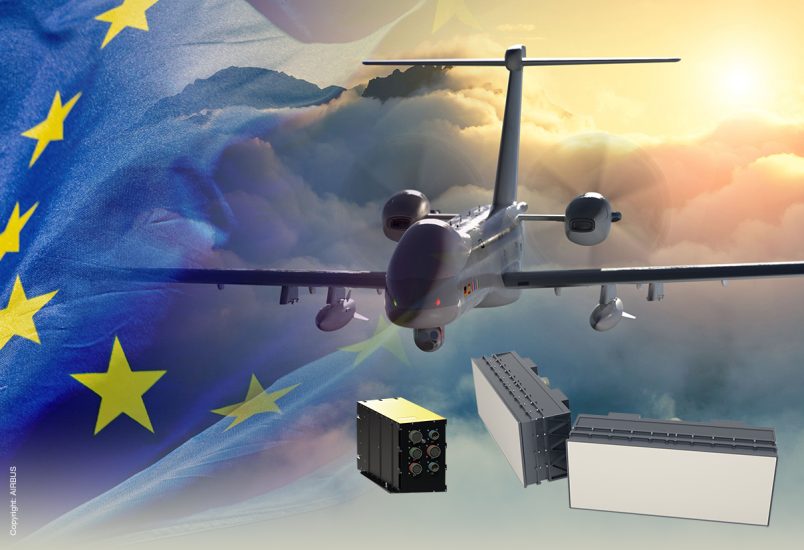Germany’s Federal Office of Bundeswehr Equipment, Information Technology and In-Service Support (BAAINBw) has commissioned HENSOLDT to undertake a demonstrator study for a detect and avoid system to enable a further step towards the safe integration of drones into controlled airspace, says the company press release.
BAAINBw has drawn up requirements for an investigation into the implementation of a gradual and full-scale airspace integration of the EURODRONE. For this, a DAA system is foreseeably necessary, which is to be advanced in a gradual series development.
In the run-up to this future development of a DAA system, HENSOLDT – as a long-standing partner of the German Armed Forces in the field of radar technology – has carried out risk-minimising national and European studies regarding the conception and design of a special radar sensor system for such a DAA system. The flight test campaigns carried out and the results obtained in the course of these studies in preparation for development are already proving the functional capability.
The “detect-and-avoid radar” is one of the decisive sensors in a complex DAA system on board unmanned aerial vehicles. It supports the calculation of evasive manoeuvres for collision avoidance by detecting, classifying and forming complete tracks of approaching objects in the airspace. Due to the multifunctional design of this radar, the requirements for integrating a weather radar function will also be taken into account and a possible perspective regarding the support of a separate landing aid will be opened up.
The currently commissioned study for the DAA radar includes the investigation of the technical feasibility of such a radar for the EURODRONE project, the verification with a near-series demonstrator as well as the risk minimisation for a future series development. Since the novel “detect-and-avoid radar” is a flight- and mission-critical component, the study deals in particular with the implementation of the safety requirements and the approval strategy at national and international aviation safety authorities (EASA, LBA) as well as the military organisations (LufABw).
For more information visit:




